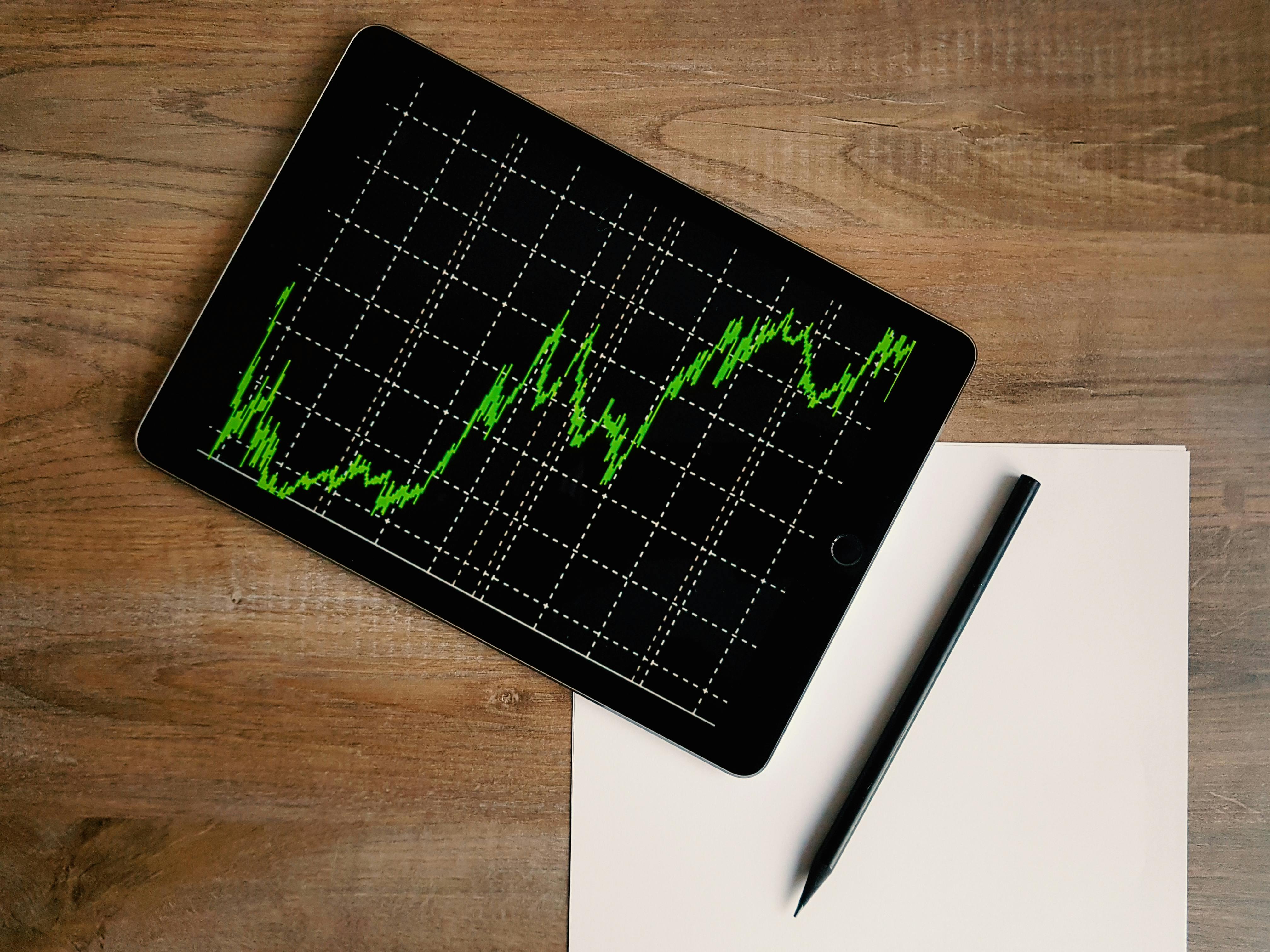The 4% rule doesn’t apply in today’s low-interest world, said retirement researcher Dr. Wade Pfau who is the author of several books on retirement planning and spending.
"The 4% rule is a rule of thumb that says you can withdraw 4% of your portfolio value each year in retirement without incurring a substantial risk of running out of money." “But interest rates are so low today that’s it’s tough to get up to the 4% withdrawal rate without risking running out of money,” Pfau said."
"Low interest rates are not the only risk to clients’ retirement today, Pfau said. Significant market losses as well as continuing market volatility and uncertainty also can destroy a client’s retirement portfolio. In addition, sequence of returns risk – or the timing of withdrawals from a retirement account – also is a factor in a client potentially running out of money. Withdrawing money early in retirement during a down market means that a retirement account balance may never recover."

Pfau listed four ways to manage volatility and longevity in retirement. They are:
1. Spend conservatively.
2. Spending flexibility.
3. Reduce volatility.
4. Use buffer assets – avoid selling at losses. Examples of buffer assets are cash, cash-value permanent life insurance and a line of credit on a reverse mortgage.
Annuities can be a good way for retirees to overcome low interest rates, Pfau said. “Annuity mortality credits are not affected by interest rates, and that makes annuities attractive in the low-interest rate environment,” he said.
Putting some of the retirement portfolio in an annuity can enable retirees to increase their withdrawal rate while managing risk, he added.
Get the details from writer Susan Rupe: https://insurancenewsnet.com/innarticle/low-interest-rates-challenge-retirement-investors#.Xqjgq5l7mCg



















